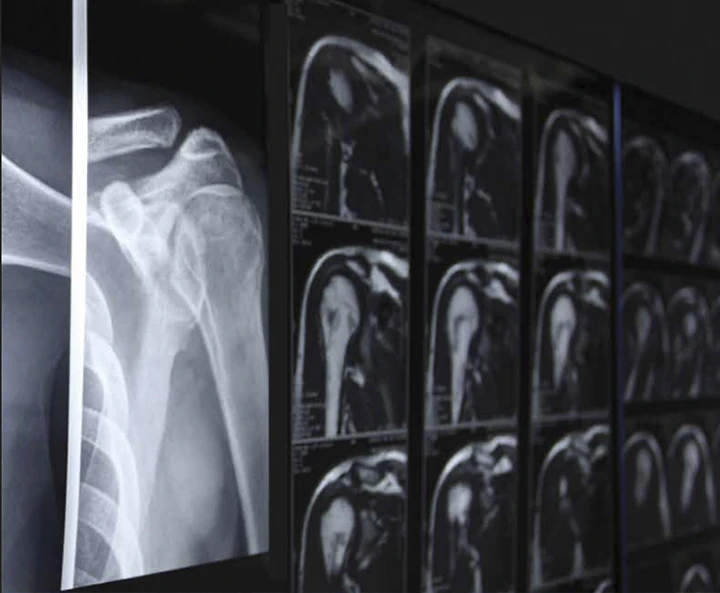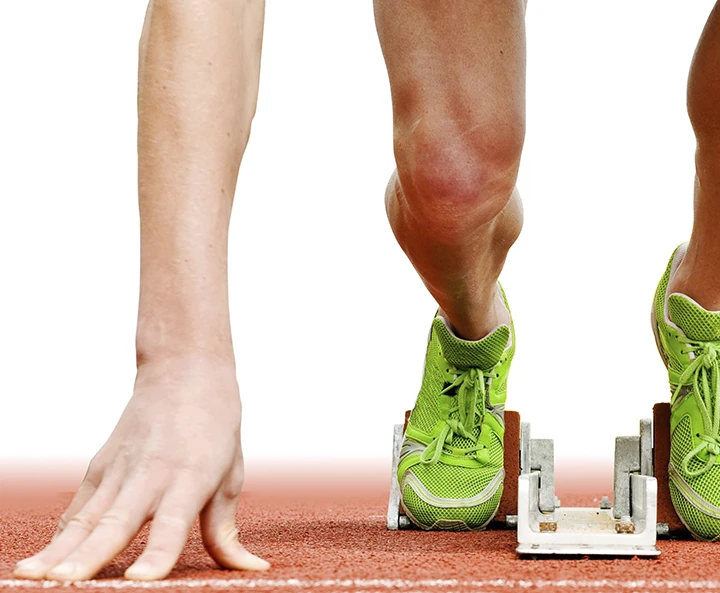
Our research group was a world pioneer in beginning to use blood-based autologous therapies in traumatology and sports medicine. Nowadays, we continue to develop several research projects with which we aim to minimise the impact of injuries and illnesses of the locomotive system in physical activity with a double objective: to accelerate functional recovery and reduce the patient's level of suffering and frustration.
We approach our research into articular pathologies comprehensively, considering all elements of articulation. Our objective is to reduce pain and inflammation and improve the patient's mobility.
For chondral injuries, our line of research seeks to improve the repair of cartilage and decrease post-operative inflammatory signs after surgical interventions for the treatment of osteochondritis dissecans, chondral injuries with a non-valuable fragment, extensive chondral injuries and in the treatment of avascular necrosis of the hip.
In this line of research, we seek an autologous therapy characterised by its outpatient application which reduces the recovery time after this type of injuries and may be an alternative to reconstructive surgery. Some examples are chronic tendinopathy, acute tendon rupture, chronic tendon rupture in patients with a lower functional demand and ligament rupture, such as the anterior cruciate ligament.
Muscular injuries make up 35-45% of sports injuries. For an athlete, these injuries represent a significant loss in terms of training sessions and competitions. There are currently no pharmaceuticals available to accelerate the recovery of muscle function after an injury. Therefore, in this line of research, we're investigating autologous treatment with growth factors to reduce the recovery time after these types of injuries as well as the rate of recurrences.
The failure of a fracture to unite happens when there's a fault in the normal biological bone healing process. Our objective in this line of research is to develop therapeutic strategies with a dual effect: a preventative effect to minimise the prevalence of this complication and a therapeutic effect that overcomes the failure in the bone regenerative process when it occurs.
In this research line, we're investigating the combination of minimally invasive techniques and autologous growth factors in herniated discs, protrusions, degenerative disk injuries or to treat arthritis of the cervical and lumbar spine.
